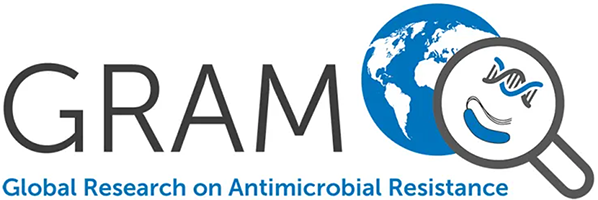Use of a rapid test to assess plasma Plasmodium falciparum HRP2 and guide management of severe febrile illness.
Sinha I., Ekapirat N., Dondorp AM., Woodrow CJ.
BACKGROUND: Plasma Plasmodium falciparum histidine-rich protein-2 (PfHRP2) is the most accurate biomarker for severe malaria, but its measurement by ELISA has been considered too unwieldy to incorporate into clinical management. METHODS: Plasma samples covering a wide range of PfHRP2 concentrations were applied to rapid diagnostic tests (RDTs). RDTs were read by eye and digital capture, and PfHRP2 concentrations were measured via serial dilution with results compared to ELISA readings. RESULTS: The Paracheck (®) brand showed the strongest correlation (r(2) = 0.963) as well as the lowest inter-observer variability (combined kappa across band intensities for three observers = 0.938). Plasma PfHRP2 measurement via serial dilution showed minimal bias compared to ELISA and acceptable limits of agreement. Three different dilutions of a well characterized set of admission samples from uncomplicated and severe malaria patients studied in a low transmission setting gave an area under the receiver operator characteristic curve of 0.844 in terms of identifying severe malaria. CONCLUSIONS: These studies show that plasma PfHRP2 can be assessed via a single RDT, with application of a plasma dilution of 1:5 or 1:10 providing useful diagnostic information to assist in patient management or clinical trial inclusion.

